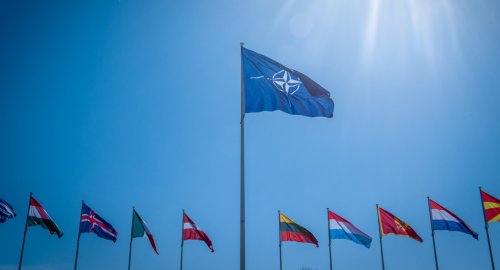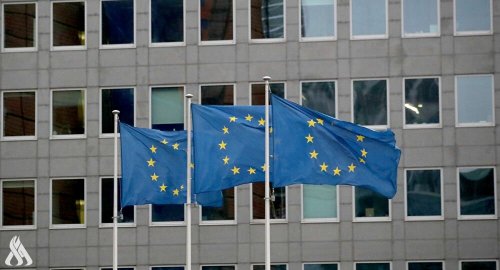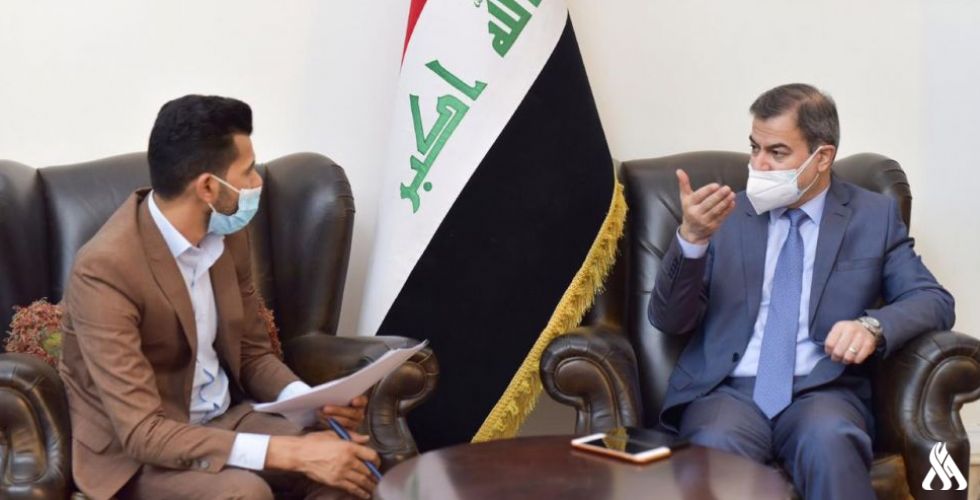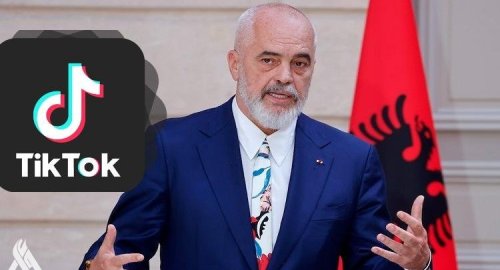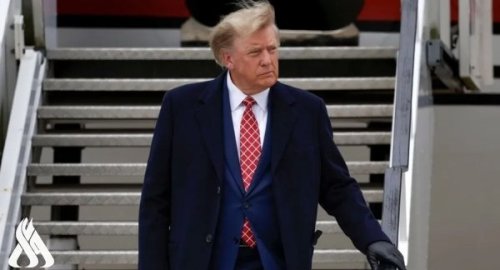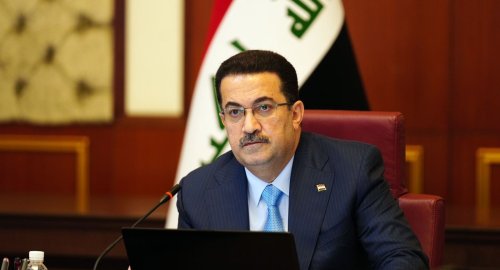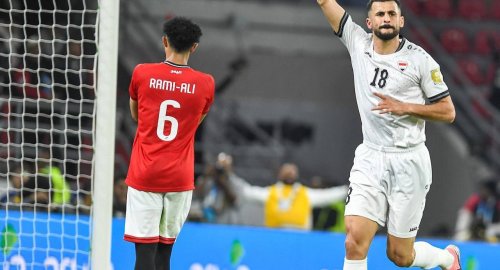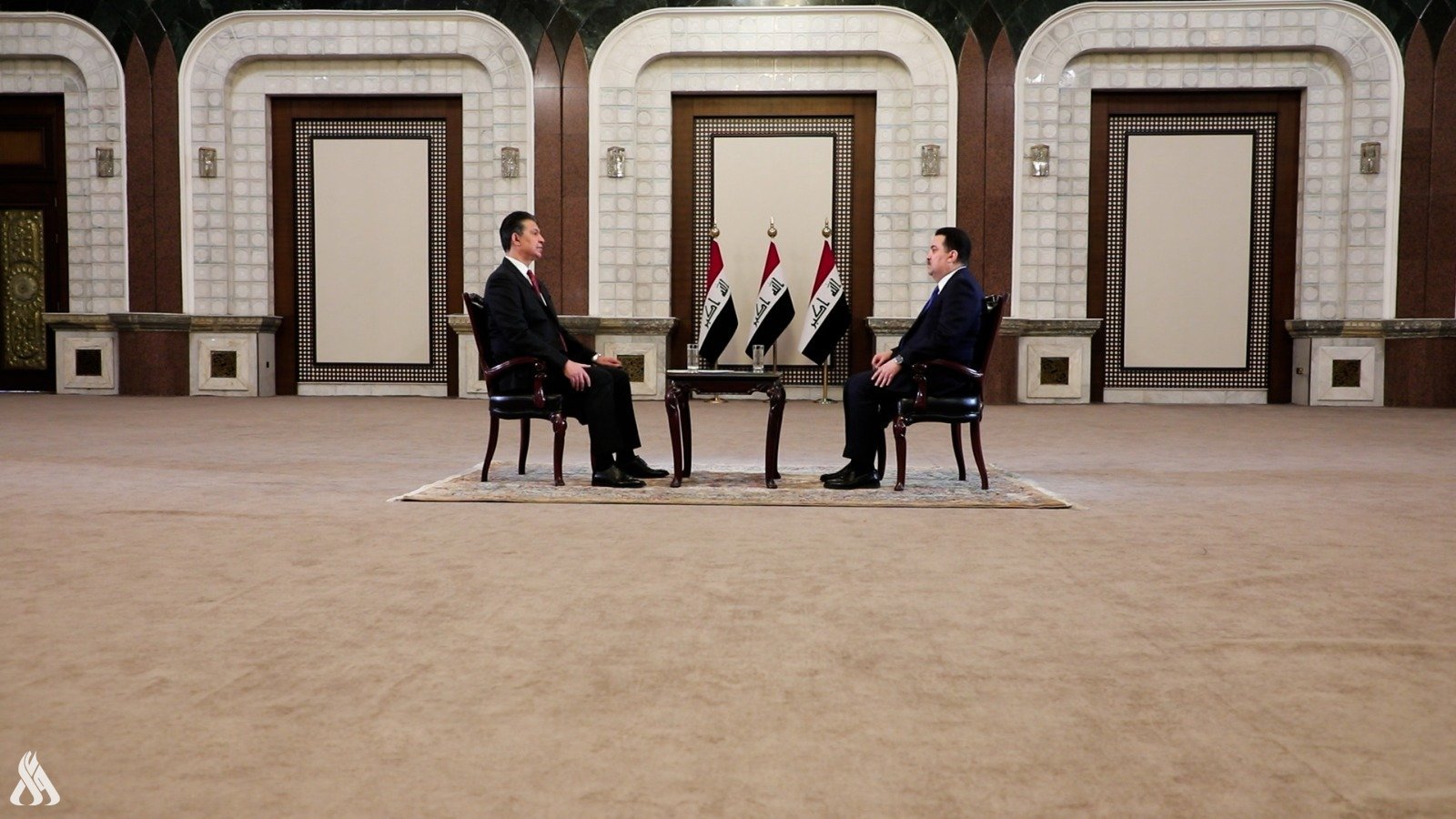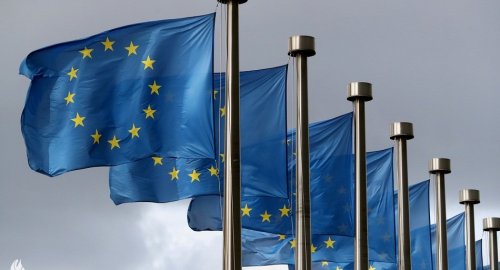
Germany asks EU to impose new sanctions on Belarus

- 10-11-2021, 09:23
INA- SOURCES
German Foreign Minister Heiko Maas announced Wednesday that his country supports imposing new European sanctions on Minsk, accusing Belarusian President Alexander Lukashenko of sending migrants to his country’s border with Poland in “unscrupulous exploitation of their weakness.”
“We will punish anyone who engages in the smuggling of migrants for a specific purpose,” Maas said in a statement, stressing that the European Union would work to “extend and intensify the sanctions imposed on the Lukashenko regime.”
He added, “Lukashenko must realize that his calculations do not work,” stressing that “the European Union cannot be blackmailed.”
For weeks, Europeans have accused Lukashenko of fueling the crisis by bringing in migrants from the Middle East and sending them to his country’s borders with Lithuania, Latvia and Poland, the three member states of the European Union, in an attempt to flood the bloc with these migrants in response to the sanctions imposed by Brussels on his country in the wake of a crackdown. Brutality targeting the opposition in 2020.
On Tuesday, thousands of desperate migrants found themselves stranded in icy weather on the border between Belarus and Poland, a member of both the European Union and NATO, in a crisis that Warsaw accused both the Russian government and Lukashenko’s regime of creating to threaten European security.
Maas described what is happening on the Belarusian border as “horrific”, accusing Lukashenko of running a “dangerous spiral of escalation from which there is no way out.”
The German minister also warned that the European Union is ready to impose sanctions on countries and airlines involved in sending migrants to Belarus.
He continued, “No one should be allowed to participate in Lukashenko’s inhuman activities and get away with it,” warning that “we, as the European Union, are ready to learn lessons here as well.”
The European Union announced that it is monitoring the situation in Russia and in 19 other countries: South Africa, Algeria, Azerbaijan, Ivory Coast, India, Iran, Kazakhstan, Libya, Morocco, Nigeria, Uzbekistan, Qatar, Senegal, Somalia, Sri Lanka, Syria, Tunisia, Venezuela and Yemen.
Albania to close TikTok for a year after teen stabbed to death
- International
- 08:32
Trump: I will stop the chaos in the Middle East and the war in Ukraine
- International
- 10:07
US Central Command: We killed ISIS terrorist leader Abu Yusuf in Syria
- International
- 24/12/20
Liverpool compete with Real Madrid to sign Olympique Lyonnais star
- Security
- 24/12/19
ISC, ADX discuss Strengthening Economic Ties
- Economy
- 24/12/16
Iraq assumes presidency of Arab Investment Company’s Executive Board
- Economy
- 24/12/17
